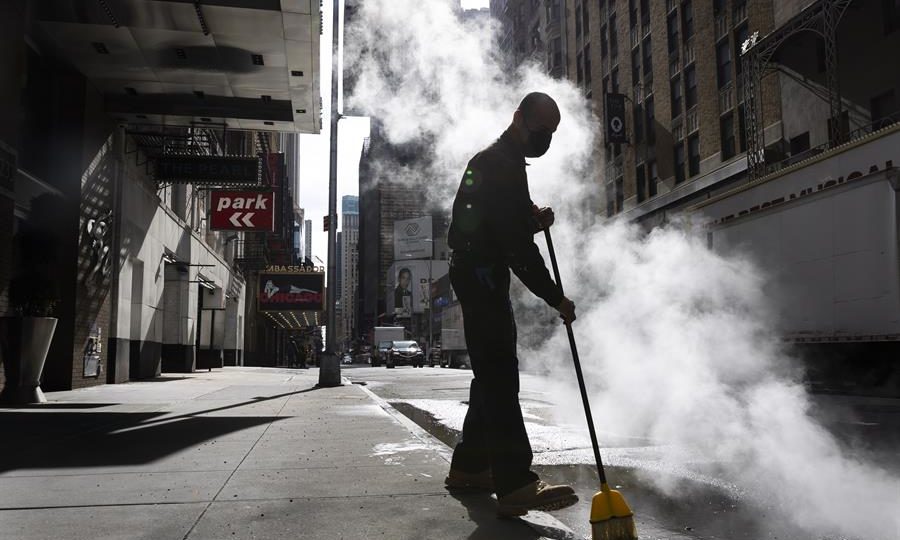i
O Your Reading indicates how well you are informed about a given subject according to the depth and contextualization of the contents you read. Our team of editors credits 17, , 41,
Close
The article you are reading right now
+0
Information is part of the exercise of citizenship. Here you can see how well informed you are about what happens in the federal government.
How about knowing more about this subject?

Did Covid lockdowns save lives? Statistics can help answer the question.
In April, free-market economists Phil Kerpen, Stephen Moore and Casey B. Mulligan published a working paper for the National Bureau of Economic Research entitled “A Final Report on the Response of States to Covid-15”. The study considered three variables for all 29 US states and Washington DC: health outcomes (measured by adjusted mortality), performance economy throughout the pandemic (measured by unemployment and GDP) and the effect of the pandemic on education (measured by the percentage of cumulative personal education). The authors investigated the relationships between the three variables using simple linear regression, a tool for summarizing and studying the relationships between two continuous variables. This method produces a correlation coefficient that evaluates both the strength and the direction of the relationship between the two variables. The results: places with lockdown economies did not have better health outcomes, open schools were slightly negatively correlated with outcomes and the blocking of schools and economies was highly correlated.
Since the underlying data is available, I ran my own analysis, and the results were pretty much the same. In fact, the relationship between health outcomes and economic effects was statistically insignificant. So did the relationship between health outcomes and open schools. Thus, it cannot be concluded that economic lockdowns or school closures were associated with saving lives during the pandemic. There was a significant relationship between states that locked down the economy and closed schools, meaning that governments that were willing to close businesses also sent students home. Ultimately, if a state or district blocked the economy or closed schools, it hardly predicted the health of those who live there. In short, the lockdown caused damage to the economy, impeded education and hampered children’s development. Empirical evidence shows that these policies were unwise. The next time government officials try to destroy lives and livelihoods in the name of security, we should keep these findings in mind.
Brendan Patrick Purdy
holds degrees in mathematics, philosophy and data science and writes for
.


